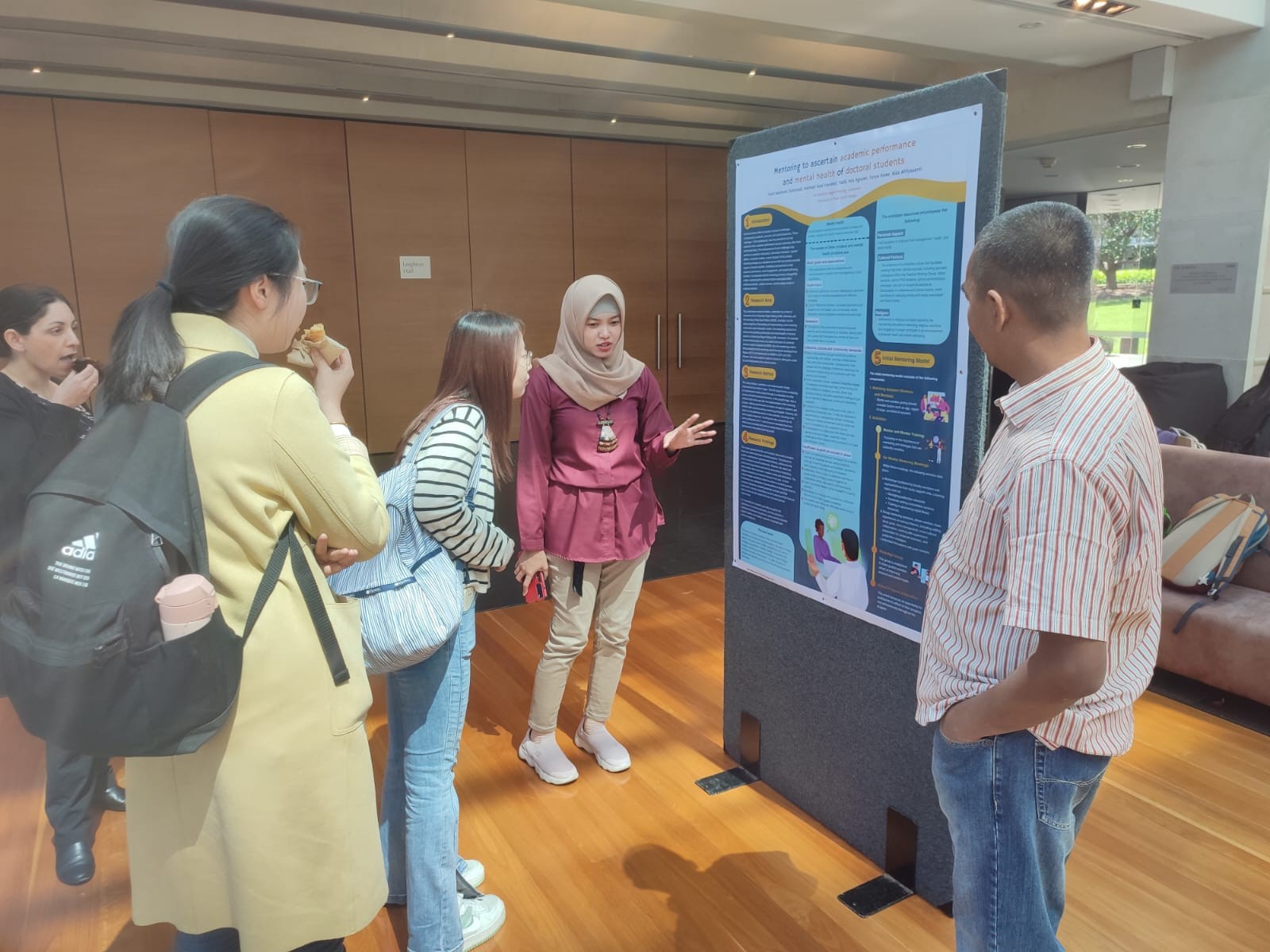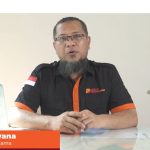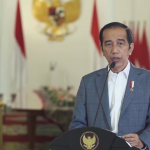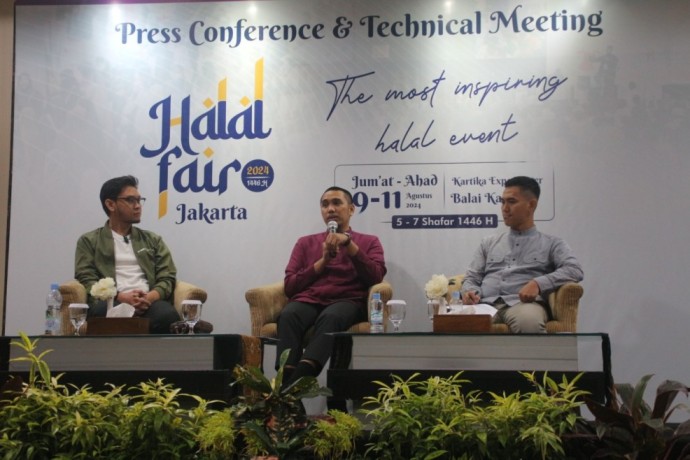Opinion – Beliefs and faith play role in preserving Indonesian doctoral students’ mental health

Author: Tatik, PhD (UNSW’s research team member, Sydney, Australia)
Impostor syndrome is also a prevalent experience among PhD students, characterized by feelings of anxiety and a lack of internal success recognition despite external achievements.
Research indicates that the health and well-being of doctoral students in Indonesia are still being neglected.
A study on doctoral students’ experiences and needs, conducted by Indonesia’s Universitas Negeri Malang (UM) in collaboration with the University of New South Wales (UNSW), Sydney, Australia, has revealed that despite the university’s significant efforts to enhance academic capabilities to increase scholarly performances particularly those in the form of research publications, there exists a pressing issue pertaining to the physical and mental well-being of students.
Lead researcher Prof. Yazid expressed, “based on our study conducted across various doctoral programs, we have identified that first-year students frequently experience declines in both physical and mental health. Symptoms include fatigue, anxiety resulting in changes in sleep patterns, eating habits, illnesses, and, in some cases, hospitalization.”
Interestingly, this study also found that physical health is more severely affected than mental health. Prof. Yazid further remarked, “one of the key factors is the faith and belief in God. Their beliefs and routine prayers are reported to have a significant impact on reducing anxiety.”
Unfortunately, this issue has not received adequate acknowledgment as a critical concern from either the institution or the students. Sacrificing physical health and well-being is mistakenly regarded as an integral component of the difficulties and hardships during doctoral study.
To address the misconception, a series of workshops, as part of the mentoring program, has been organized. The program has been currently in its fourth series. One of the latest sessions focused on ‘Health and Well-Being of the Students’, featuring a psychologist from Indonesia’s Universitas YARSI, Dr. Endang Fourianalistyawati, and a Food Science researcher from Indonesia’s Lambung Mangkurat University, Dr. Alia Rahmi. They discussed useful tips for PhD students which include lifestyles, health, and nutrition.
During the event, the importance of well-being for doctoral students was explored, followed by a detailed discussion on tips to enhance mental health and overall well-being.
The participants were encouraged to reflect on the challenges and strategies which can effectively cope with their life stressors so they can work productively as PhD students.
Endang emphasized that the stigma surrounding mental health often leads students to feel afraid and guilty about discussing their situations. This reluctance can exacerbate the situation, potentially leading to more severe outcomes. Thus, she encourages the participants to identify and seek help.
Impostor syndrome is also a prevalent experience among PhD students, characterized by feelings of anxiety and a lack of internal success recognition despite external achievements.
Doctoral students grapple with various issues, including study workload, financial problems, family concerns, adaptation to unfamiliar environments, pressure of slow progress and rejections, ineffective communication with supervisors, purpose uncertainty, weak commitment, a lack of support systems, and loneliness.
The strategies discussed in the event encompass various aspects of life. Sharing experiences has been emphasized to help others and oneself, while understanding productive hours and setting achievable daily targets contributes to a healthier mindset.
Celebrating achievements, honing reading and writing skills, effective communication with supervisors, and organizational skills in both academic and personal life are crucial for success.
A detailed discussion on dietary habits followed, highlighting the importance of a balanced intake of carbohydrates, fiber, protein, milk, veggies, and fruits. Strategies for enhancing concentration and maintaining health are also presented, including the role of stimulants and foods to avoid.
Exercise is essential, with a simple 40-minute walk suggested as an effective means of staying fit and relieving stress.
Aligned with the research results leading up to this event, one of the presenters, Alia, also shared personal experiences highlighting the significance of faith in navigating the challenges of academic studies during difficult times.
Faith and beliefs regarding life’s meaning not only contribute to maintaining composure but also serve as guiding principles for overcoming immediate challenges and seeking support from others.
End










